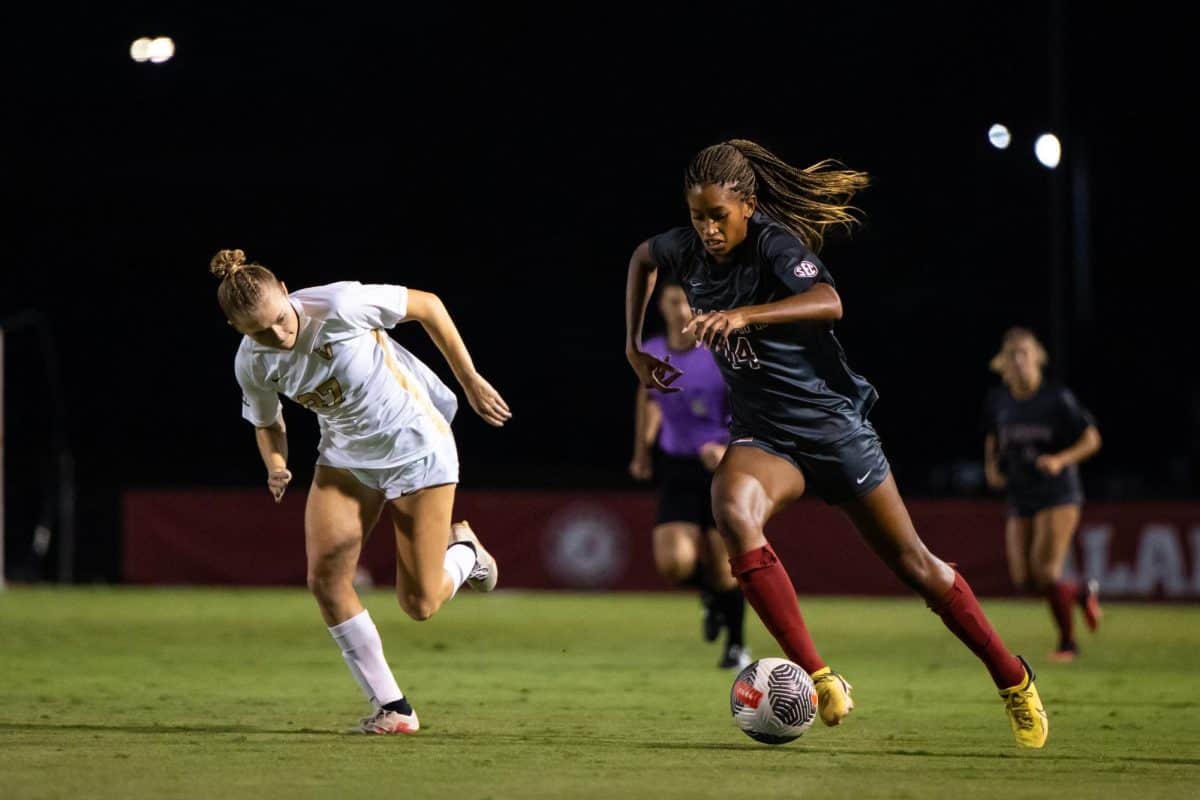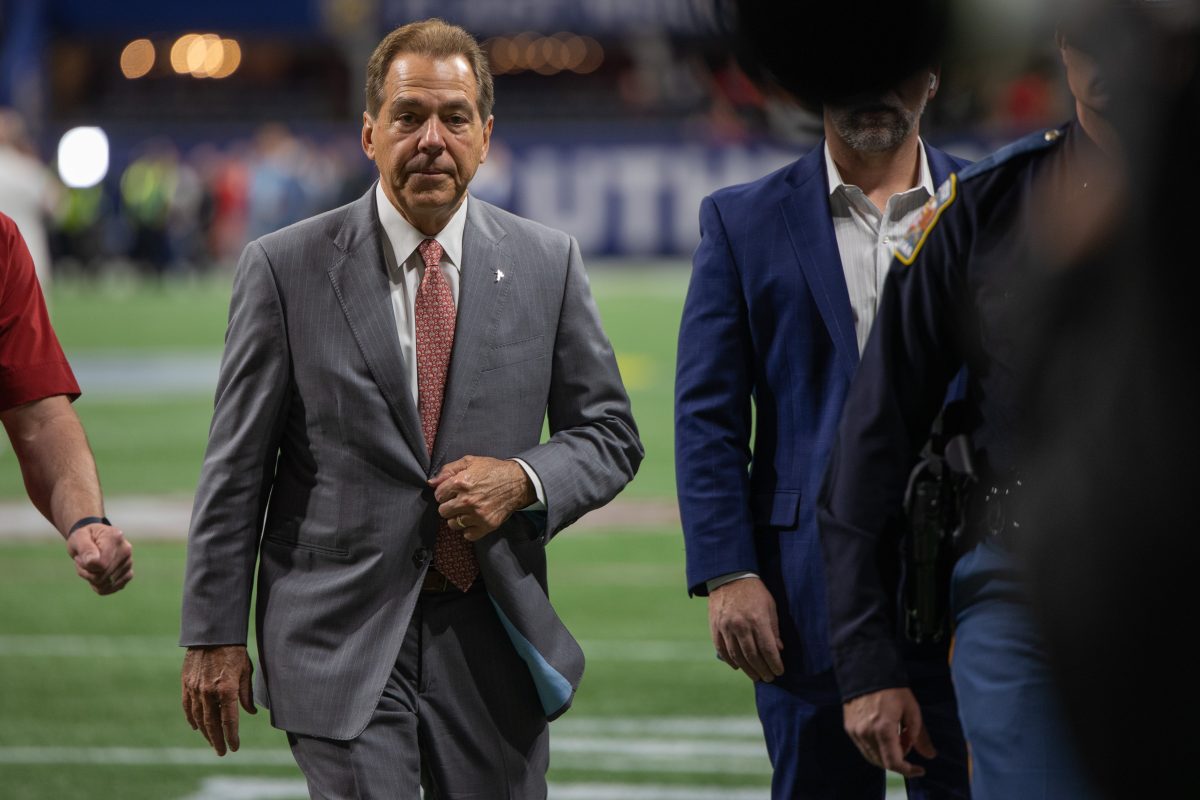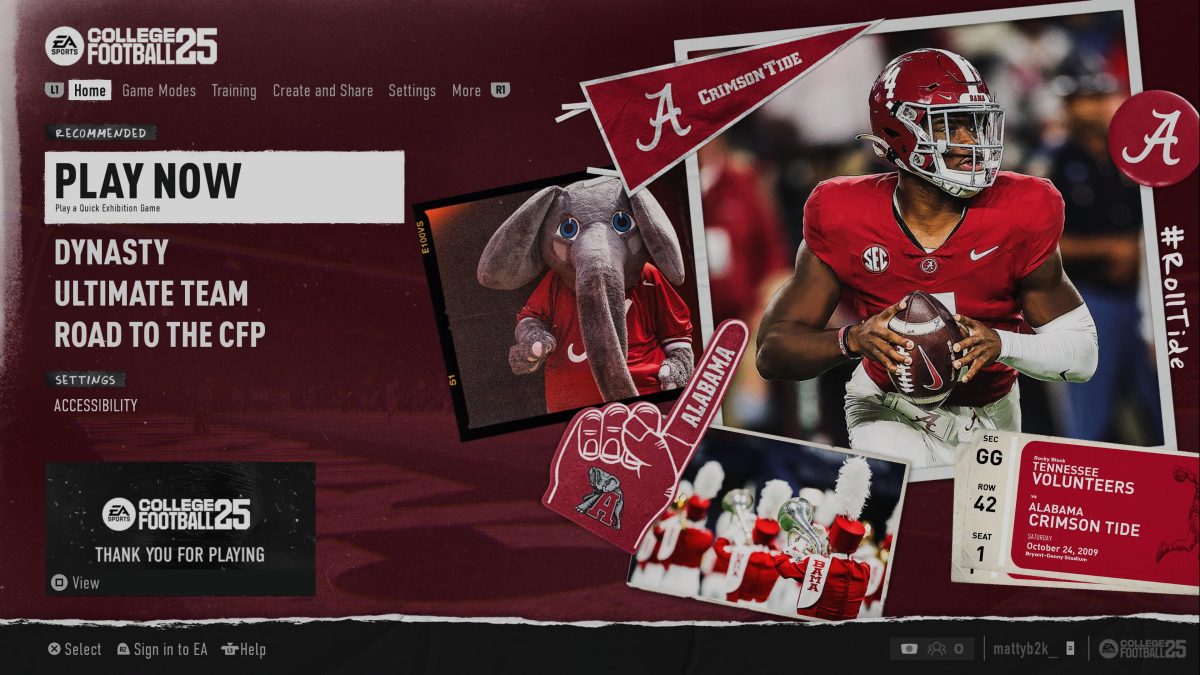Rivalry week in college football may be the best and worst week in all of sports. All season, players and fans alike look forward to the week when they finally play “the team down the road,” whether it be an instate rival or a border war between state lines.
For the week, rankings and records don’t matter. Pride and bragging rights take precedence, and it typically brings the best out of the players and the worst out of fans.
Much like last week’s games, past rivalry weeks have created some of the best games of the season, but the aftermath is always chaos.
This is only made worse by the proximity of most rivals to each other, with territories of fans overlapping. Families and friends turn against one another, often tearing relationships apart over a game.
While the athlete’s emotions often run high in rivalry games, they typically leave it on the field. In Saturday’s game between Ohio State and Michigan, three players were ejected after a brawl broke out. While the fight will most likely be forgotten by the players until next year’s game, the game will more than likely cause a few fights over the next few weeks among fans.
In the South, rivalries are often more extreme.
Harvey Updkye, the man infamously known for poisoning Toomer’s Oaks at Auburn in 2010 is another example of someone who let rivalry get out of hand, and now he owes Auburn University almost $800,000 because of it.
More fans should treat their rivalry game like USC and UCLA have. Even with the two universities only 12 miles apart, they have avoided anything too dramatic in recent years between the two schools. Much of both schools’ team spirit comes from protecting their campuses from pranks during rivalry week. The rivalry lives just as strong, and nobody gets hurt.
Of course, it isn’t just rivalry week or even just college football that has this problem. In September, a man who was a fan of the San Francisco Giants was charged after he stabbed a fan of the Los Angeles Dodgers when an argument over the game they both attended escalated. Because of a game that ultimately meant nothing, two lives were ruined.
In the past few years, it has become even more of a problem because of social media. Anyone can have a voice on the Internet through Facebook or Twitter, and the fact that “the Internet is forever” is often forgotten.
Not only do opposing fans fight, but they also take to the media to share opinions with players and coaches. Unfortunately, a majority of those posts aren’t in support of the team. Athletic directors are provoked with hashtags to fire their coaches, as well as coaches being told to leave.
But the athletes will always bear the worst of it. A simple mistake in a game could result in thousands of angry or offensive posts to a player who would just like to forget and move on. There are even a select few who will go as far as making threats to athletes and other fans. One player doesn’t control a game, and one game doesn’t control anyone’s life.
Fans should realize a rivalry game is still just a game. They can keep their “houses divided,” but only in recognition of what it really means to have a rivalry. Letting a game control relationships and friendships is foolish and will only lead to more problems than bragging rights.






